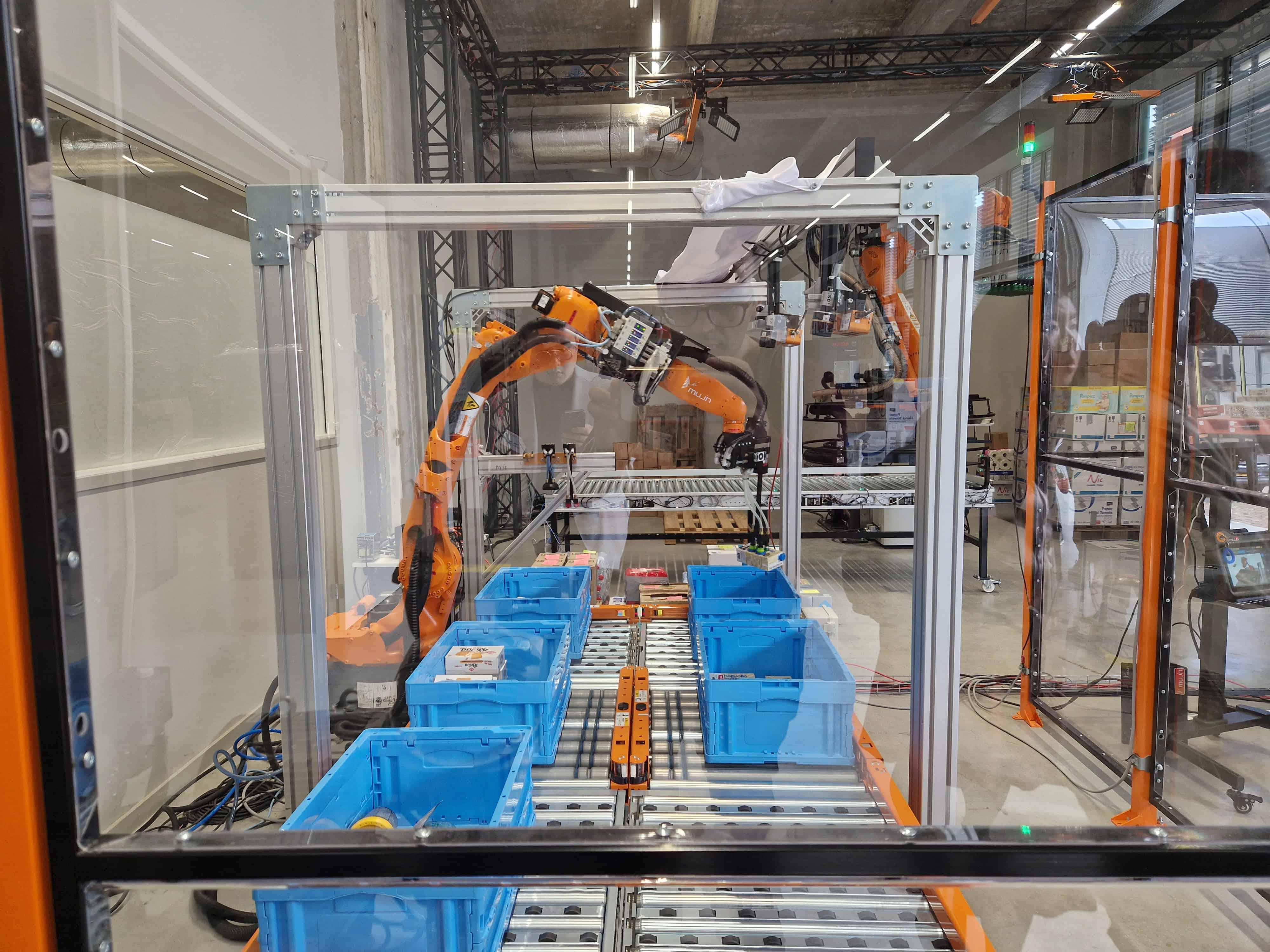
Microsure’s surgical robot – which helps healthcare professionals perform better, faster and more affordable procedures – is ready for use, just not for the market. Investors BOM Brabant Ventures and European Investment Fund (EIF) have been brought on board to provide financial assistance to the start-up during the industrialisation phase of the Microsure system (MUSA). Microsure CEO Ilker Soydan explains why this step has been taken.

“This is the second investment round for Microsure. The first investment was made in 2018 by the Innovation Industries Fund (IIF). Start-ups are invariably dependent on fundraising. IIF’s money was needed to cover all the costs Microsure incurred during the development phase of MUSA. The new investment will be used for MUSA’s industrialization process. We have a working product which we want to successfully launch on the market,” Soydan says.
In order to achieve this, he believes an investment is now needed to perfect the various steps along the supply chain. In the coming period, Microsure’s team will work hard on developing all the processes. From optimizing the supply of materials for production, to setting up a service structure and product training for surgeons. All in order to prepare MUSA for international distribution.
First steps for the robot
Many doctors working in microsurgery are very interested in MUSA. Which is not all that surprising. With the help of a surgical robot, procedures can be performed faster and better. Human error due to vibrations and sudden movements is prevented altogether. There are also advantages for the surgeon. Back and neck issues are prevented by no longer having to stay standing in an unnatural position for long periods of time.
Microsure’s team members are pleased that financing has been secured after a six-month negotiation period. “We have once again gained the confidence of investors. They believe in our team and our product.” What has contributed to this is that MUSA has proven itself in this field. Thirteen patients have now been successfully treated with their robot at Maastricht University Medical Centre+. All thirteen cases involved lymphovenous anastomosis (LVA) surgery; a procedure whereby the surgeon makes a connection between a vein and a lymphatic vessel.
Soydan prefers not to comment on the amount of the investment allocated to Microsure. However, it is clear that these two new investors are vital for the survival of the company. Soydan does not see anything negative in this. “All start-ups need extra investment at some point. That’s normal. I have every confidence that our product will be a success in the long run.”
The future of medicine
Soydan’s faith in the success of the surgical robot is partly due to a global trend. “Over the past year, the use of robotics has increased by 20%. Given these advances, I believe that the use of robots will continue to rise in the future, and that this trend will continue within medicine. All of the physicians that we have introduced our product to are showing interest. Our niche product is capable of meeting an important demand.”
In Europe, robotics for medical purposes is subsidized by the government in four zones. These are the German-speaking countries, Scandinavia, United Kingdom and the Benelux. When entering the market, Microsure’s sales focus will be on these countries. In view of the so far positive reactions from physicians, Ilker Soydan expects exponential growth when Microsure starts marketing their robots. He is unable to say as yet when the product will actually be ready for the market. And despite his rock-solid confidence in MUSA, he doesn’t rule out the possibility that additional rounds of investment might be needed in future in order to gain a foothold in the market.
Read more about Microsure here.






